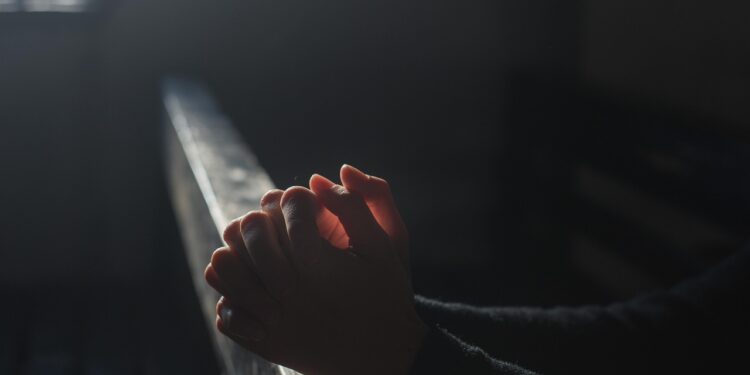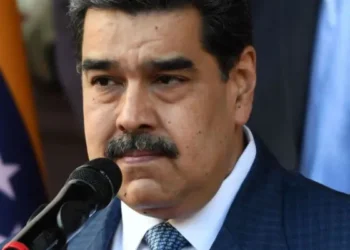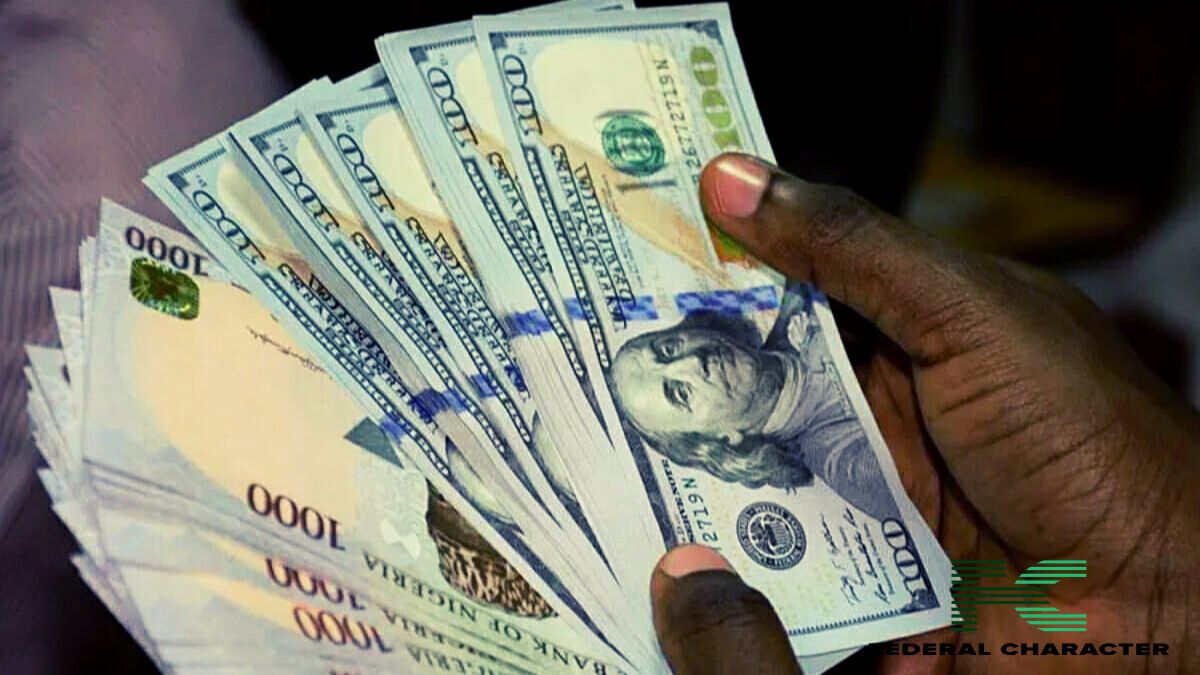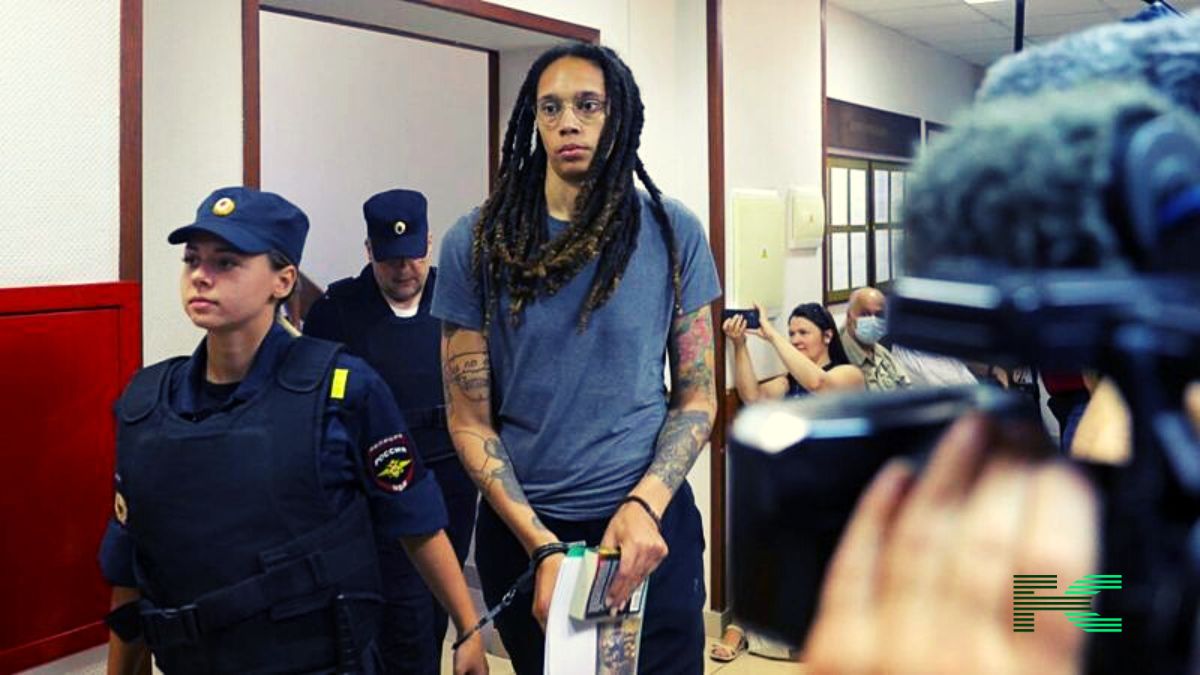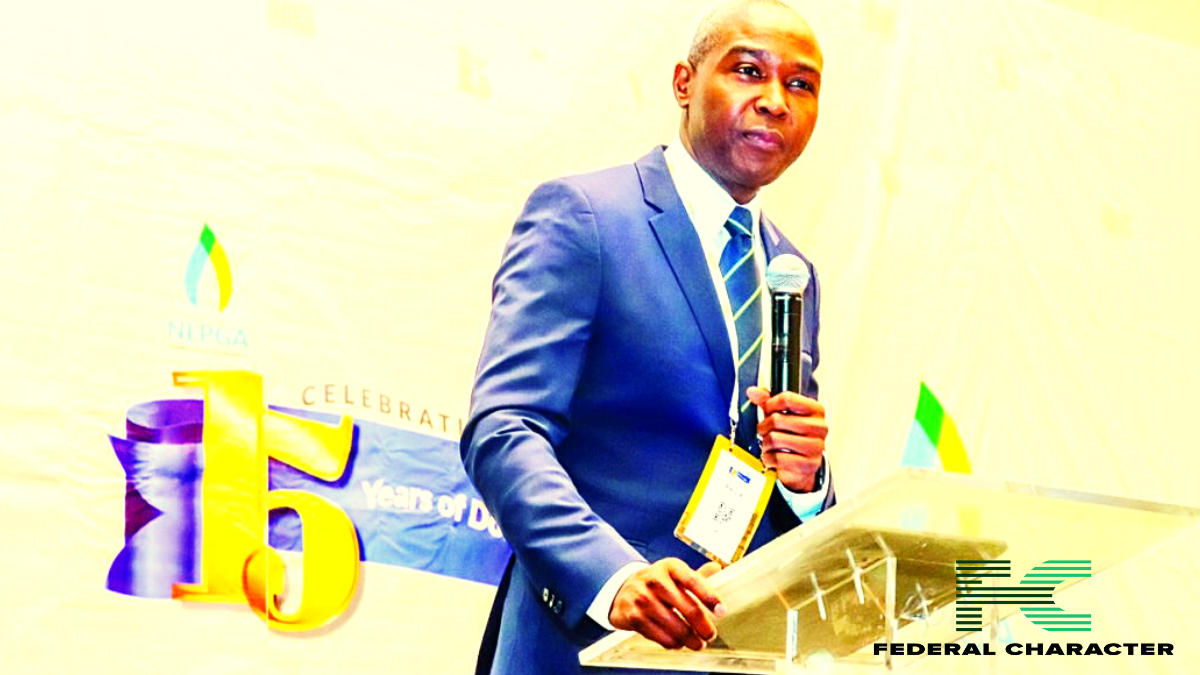The Lie of “No Religious Cleansing” Nigeria’s Dangerous Denial Game is not just a debate over words, it is a deadly cover-up that ignores what countless families on the ground already know. People are being killed for their faith in Nigeria, yet the government insists on telling the world that what is happening is nothing more than “general insecurity.” This denial is not only dishonest, it is dangerous.
When Denial Becomes Policy
The government says there is no religious cleansing in Nigeria, only attacks by “criminals” and “terrorists” with no bias. But anyone who has followed the bloodshed knows that Christians in the Middle Belt and North are being singled out. Villages are burned, pastors are slaughtered, churches are destroyed. Calling this random violence is like looking at a burning house and saying it’s just “a little smoke.”
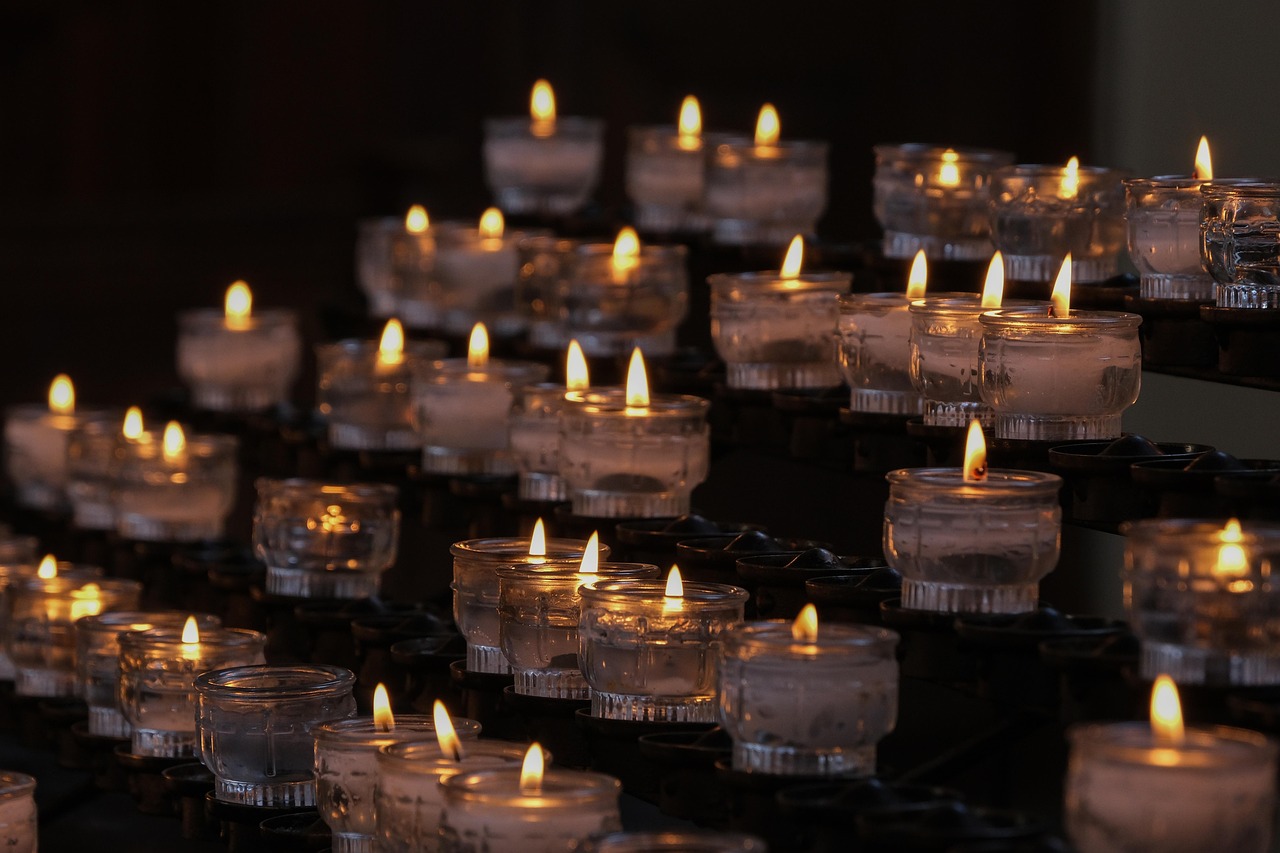
The fact that the state chooses to sweep these patterns under the rug shows how invested it is in saving face internationally, instead of protecting its own people.
The Evidence on the Ground
Statistics may sound neutral, but the stories are not. Reports from watchdog groups like Open Doors and Amnesty International have documented targeted killings of Christians for years. Survivors recount attackers demanding that villagers renounce their faith or face execution. Women and children are abducted, forced into conversions, or enslaved. This is not “general terrorism.” It is deliberate and it is religious.
Even respected religious leaders within Nigeria, both Christian and Muslim, have warned about this cleansing. But the government insists on framing it as “baseless.” That is not ignorance, that is denial.
Why the Denial Matters
The Lie of “No Religious Cleansing” is more than words; it shields the state from accountability. By denying the obvious, the government avoids pressure to act decisively. Worse, it gaslights victims and makes them feel invisible. When officials insist Christians are not under attack, they essentially tell survivors that their pain is a fabrication.
This denial also emboldens the killers. If the state won’t even call it by its name, why would the perpetrators ever fear punishment?
Religion and Power in Nigeria
Nigeria loves to present itself as a model of interfaith harmony. Yes, it is true the country is home to mega-churches, vast mosques, and interfaith initiatives. But none of that cancels the reality of religious cleansing in conflict zones. Having Christian heads of military units or Muslim clerics winning peace prizes does not erase the graves piling up in Plateau, Benue, and Kaduna.
The government leans on these optics as proof that “all is well.” In truth, it is a smokescreen. Diversity on paper means nothing if diversity in practice is being violently erased.
The Dangerous Denial Game
The Lie of “No Religious Cleansing” is not only an insult to victims, it is also a gamble with Nigeria’s future. By pretending the crisis does not exist, leaders allow the wounds of division to deepen. Religious cleansing, if left unchecked, will rip apart the fragile threads holding the nation together. Denial does not bring peace, it feeds the fire.
The world should not be fooled. Nigeria’s leaders may insist on their narrative, but the reality is written in blood across the countryside. Calling it by its real name is the first step to stopping it.

